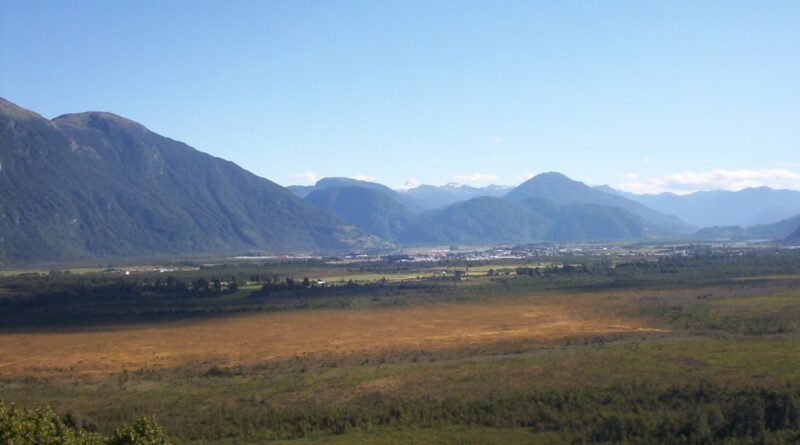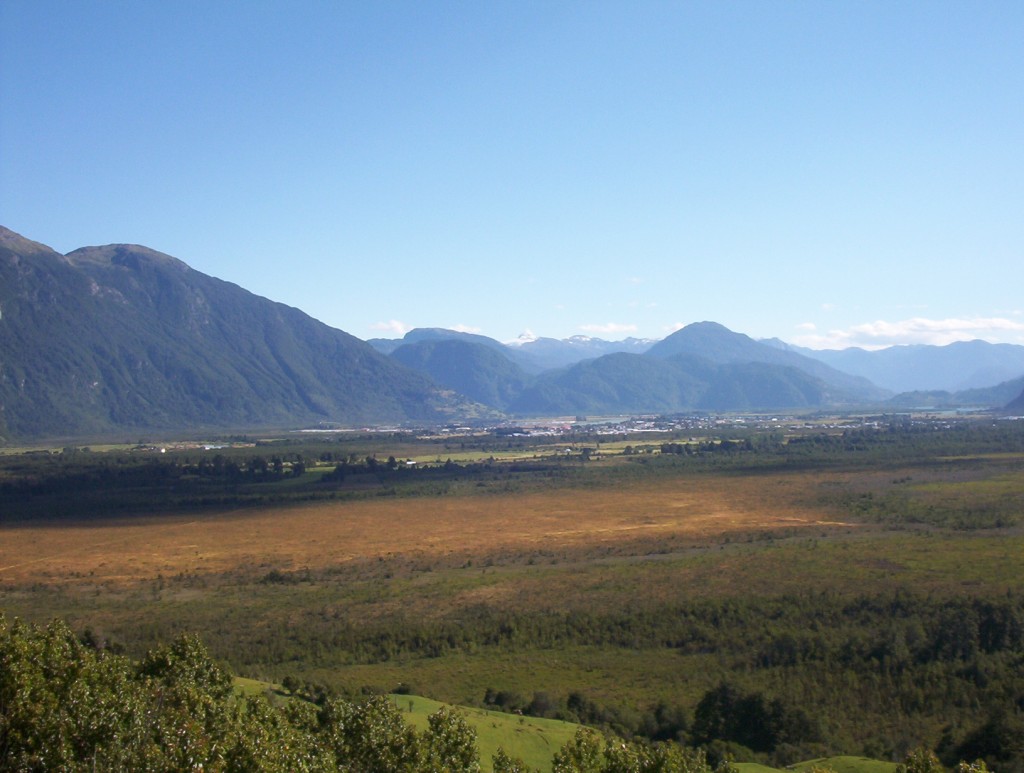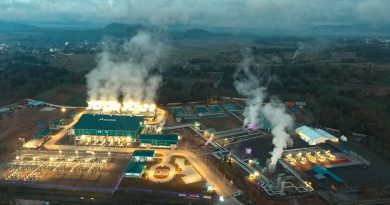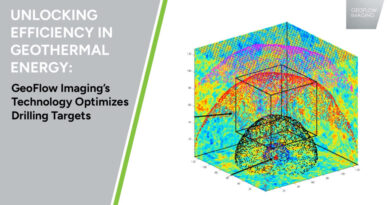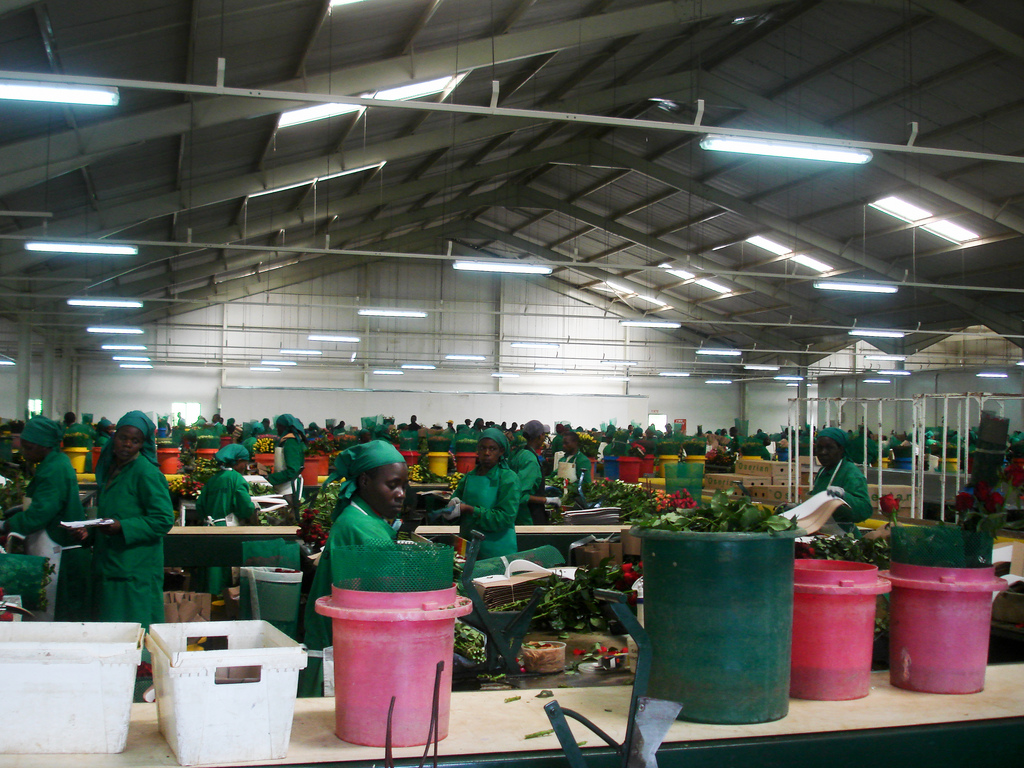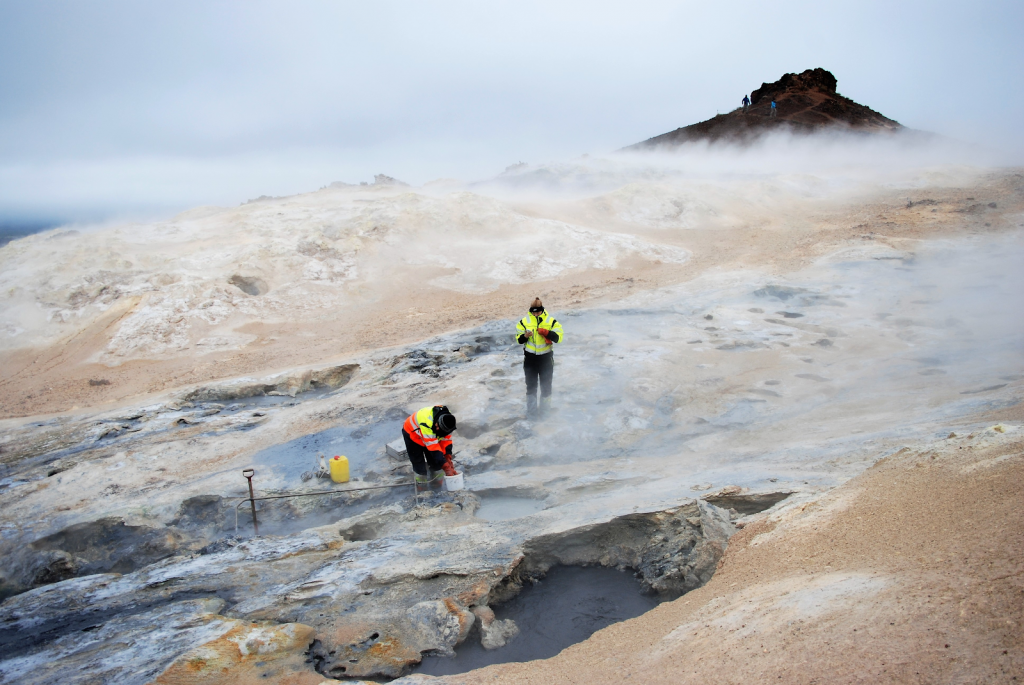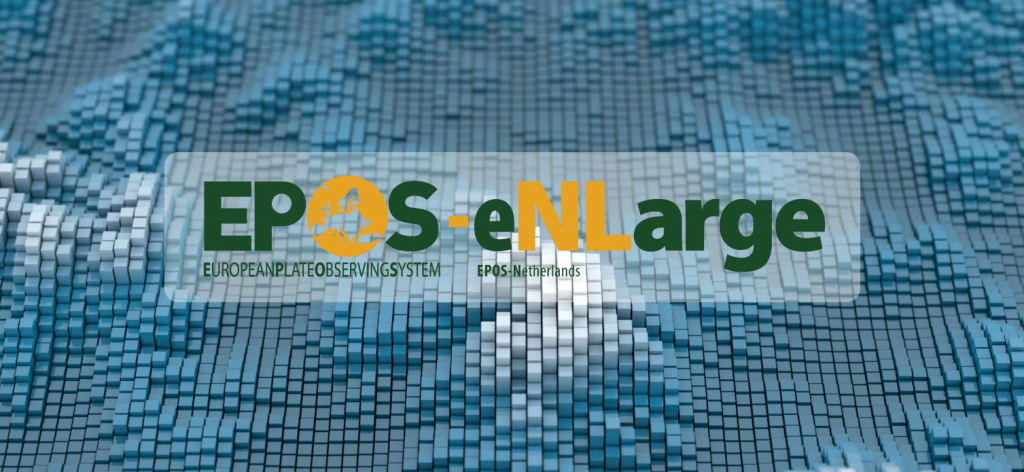CEGA leading the way for geothermal development in Chile
Energy Disrupter
CEGA has been providing technical expertise for several geothermal projects in Chile, supplying sustainable heat and air conditioning to public spaces.
Through the years, the University of Chile thru the Center of Excellence in Geothermal Energy of the Andes (CEGA) has initiated a series of projects harnessing geothermal energy, utilizing it to supply stable and sustainable heat to healthcare facilities, private homes, and other infrastructure. The projects span almost the entire length of Chile – from Putre to Aysen.
CEGA has currently implemented or is currently implementing geothermal projects in the following regions:
- Máfil – After 24 months of development, CEGA has completed the installation of a geothermal heat pump in the Collaborative Innovation Center (CIC) of the commune of Máfil (Los Ríos Region) which maintains heat in planting beds, increasing fruit production in cold seasons and reduce heating costs.
- Illahuapi – CEGA has installed an air-conditioning system with a geothermal heat pump in a rural post in Illahuapi (Los Ríos).
- Putre – The Liceo Internado Granaderos (Putre), a boarding school at at 3600 meters above sea level, will have hot water and heating provided with geothermal energy.
- Ñuble – The Regional Government of Ñuble has allocated 247 million pesos to execute geothermal projects in the region. One project was awarded per province (Itata, Diguillín and Punilla), and the projects will be technically analyzed prior to execution.
- Ollagüe – CEGA is progressing in the installation of the first geothermal and air-conditioning system in the Antofagasta region, at the headquarters of the municipality of Ollagüe. The ongoing project is funded by FIC Antofagasta 2021.
- Aysén – CEGA will carry out pre-feasibility studies for the installation of a green hydrogen plant powered by geothermal co-generation.
- Araucania – This is a social project carried out by CEGA with Public Science funding. Social researcher Sofía Vargas and team will develop a volcanological guide with a gender perspective with girls and women from the Araucanía region. The last camp was held on November 8th.
The projects have been made possible with the support of the Regional Governments (GORE), public organizations that provide finance through the Innovation Fund for Competitiveness (FIC), a financial instrument administered by each GORE which is specifically aimed at financing projects. While CEGA provides the technical expertise, GORE provides the resources.
Local and global benefits
The local benefits of the geothermal projects are evident. Until last year, Illahuapi depended on an expensive and insecure gas supply, subject to the usual road closures during the winter and the consequent increases in the price of fuel. With the installation of the geothermal pump, the beneficiaries of the station have a constant and low-cost energy supply .
In the case of the CIC in Máfil , the facility will be able to increase the annual production of seedlings , avoiding winter losses due to seasonal frosts.
From a global perspective, geothermal development in Chile reinforces the country’s commitment to emissions reduction after the Paris Agreement. This situation is motivating authorities, research centers and society in general to address the problem of climate change in a creative and innovative way.
This was precisely what prompted the Regional Government of Ñuble to launch, last November, a public tender to develop geothermal projects , taking advantage of CEGA’s technical capabilities. The tender is for the development of low-energy geothermal applications in productive processes or for public use. The tender ended in the 30th of November, and CEGA is currently conducting technical analysis of the proposals.
In 2024, CEGA will continue pushing geothermal projects forward while also executing social initiatives, expanding academic networks abroad, participating in Congresses, and promoting research and development.
“One of the challenges that 2024 presents is the exploration and development of district heating. This is a distribution system that uses a single heat source directed, simultaneously, to various recipients and that our country has developed marginally. 2024 opens development opportunities in line with reducing dependence on fossil fuels and facilitating the transition towards a clean, safe and sustainable energy matrix at a local scale,” said Diego Morata, Director of CEGA.
Source: Universidad de Chile

